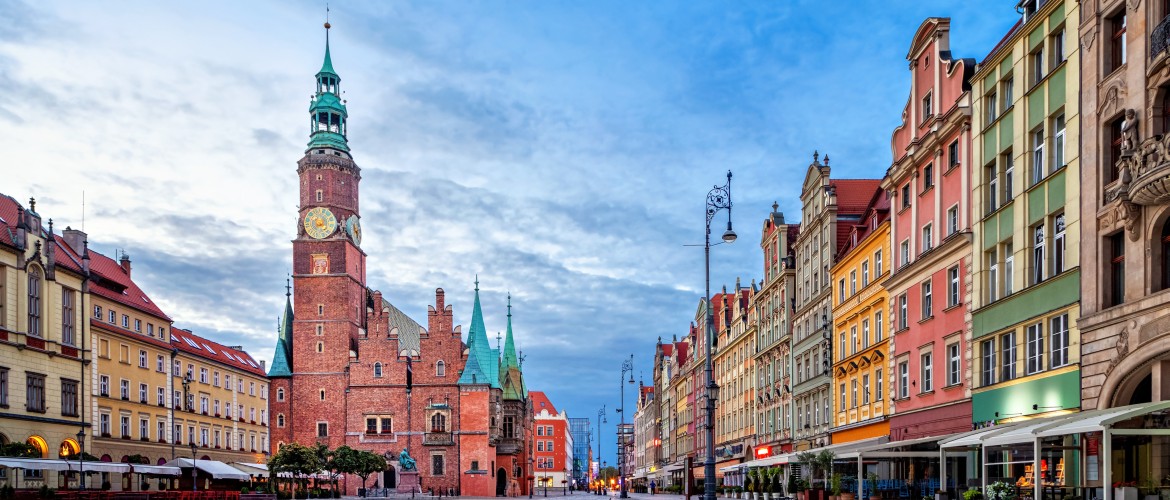|
Polish city of Wroclaw has been internationally recognized for its commitment to reduce the disaster risk and to help other municipalities do likewise and has been designated as a MCR2030 Resilience Hub. The initiative grants the Resilience Hub certification to cities with proven track records in disaster risk reduction and resilience. Resilience Hubs are pivotal in fostering knowledge sharing, enhancing capacity, and providing valuable learning opportunities. The city has had to deal many challenges: a five-fold increase in energy prices; a major pollution from an unknown source of the city’s main river; and, remarkably, the arrival of 250,000 refugees from neighbouring Ukraine, increasing the city population to over 1 million. A combination of policy formulation, project development, and capacity building of city’s technical capacity has seen Wroclaw take steps to move away from climate risk to a certain level of resilience. The city has a 27-step sustainable transformation programme that includes a scale up in solar power; development of green space in the inner city; protection of its cultural heritage from climate and disaster risk; and comprehensive plans to strengthen water and waste management. MCR2030 is a United Nations-led global collaboration of partners committed to support local governments to strengthen their disaster resilience. MCR2030 welcomes cities, local governments as well as any other parties wishing to help municipalities prosper through advocacy, knowledge-sharing and city-to-city networks. The approach stresses the importance of the involvement of stakeholders and the importance of collaboration. More information: Resilience absolutely doable and achievable MCR203 resilience hubs Wroclaw https://www.youtube.com/watch?v=C6EfbrTvJuo
|



